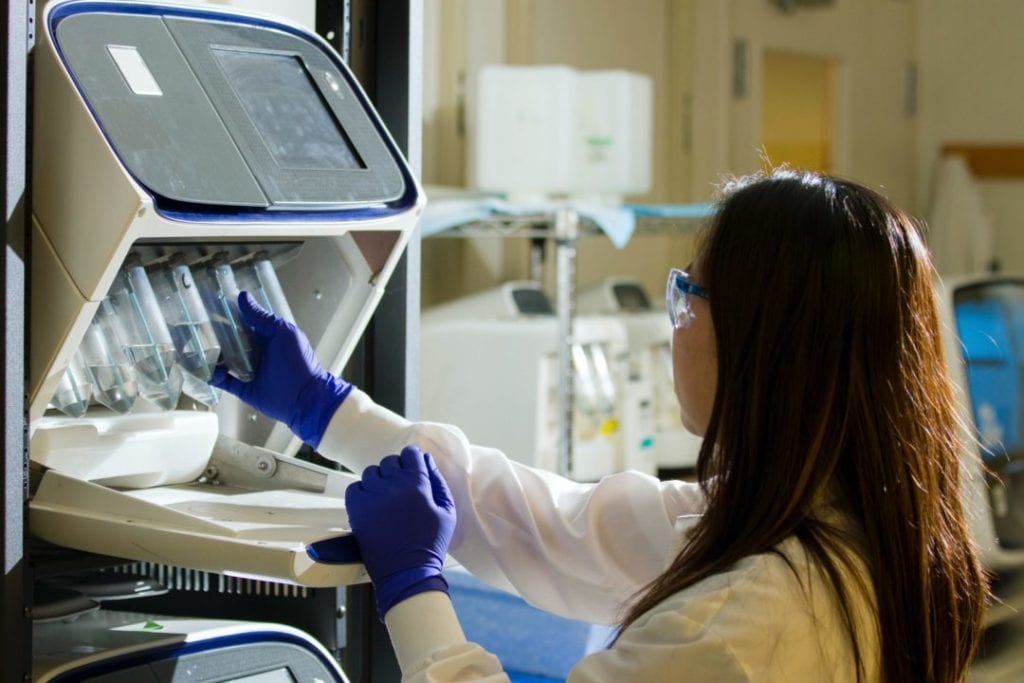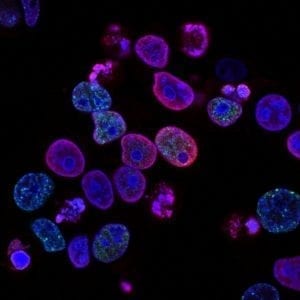How does disease stage affect treatments and patient outcomes? In terms of adrenocortical carcinoma (ACC) in pediatric patients, disease stage significantly impacts patient outcomes. According to Cancer Therapy Advisor, the Phase 3 ARAR0332 clinical trial highlighted how patients with stages 1 and 3 ACC responded excellently to treatment, while new and more effective therapeutic options are needed for those with stages 2 and 4 cancer. Interested in learning more? Check out the study results in the Journal of Clinical Oncology.
Adrenocortical Carcinoma (ACC)
To begin, what exactly is adrenocortical carcinoma (ACC)? This extremely rare cancer forms in one or both of the adrenal glands, which are hormone-producing glands on top of the kidneys. As a result, the adrenal glands begin overproducing hormones such as cortisol, testosterone, or aldosterone. ACC often affects those under age 5 or those in their 40s and 50s, though the cancer could manifest at any age. Additional risk factors include having Li-Fraumeni syndrome, Lynch syndrome, or Carney complex. Symptoms associated with ACC include:
- Abdominal lumps
- Feeling of fullness
- Abdominal or back pain
- Appetite loss
- Muscle weakness
- Unintended weight gain or weight loss
- High blood pressure and blood sugar
- Facial roundness/fullness
- Excess facial hair or excess hair loss
- Irregular menstruation
- Deepening voice
- Fat lump on the back of the neck
- Excess thirst and frequent urination
- Pink or purple stretch marks
- Breast tissue growth (in males)
ARAR0332 Study
According to the study description, the ARAR0332 trial is:
Studying how well cisplatin-based chemotherapy and/or surgery works in treating young patients with stage I, stage II, stage III, or stage IV adrenocortical cancer.
Researchers sought to understand how different treatment options or approaches influenced clinical patient outcomes. Altogether, 77 patients enrolled. Of those, stage 1 and 3 ACC both had 24 patients each, while there were 15 patients with stage 2 cancer and 14 with stage 4. Approximately 66% had TP53 gene mutations. While the median age for patients with stage 4 ACC was 13, the median age for the other categories ranged from 1.5-3 years.
During the trial, researchers treated patients in the following ways:
- ACC Stage 1: Surgical tumor resection
- ACC Stage 2: Surgical tumor resection and retroperitoneal lymph node dissection
- ACC Stage 3: 8 cycles of chemotherapy with mitotane over an 8-month period; surgery at the discretion of the medical team
- ACC Stage 4: 8 cycles of chemotherapy with mitotane over an 8-month period; surgery at the discretion of the medical team
Findings from the study included:
- Patients with stage 1 or 3 ACC responded well to treatment, with 5-year event-free survival at 86.2% and 81% respectively. Ultimately, this highlights the efficacy of treatment for these patient populations. Additionally, overall survival over this same period was 95.2% and 94.7% respectively.
- Alternately, the same rate for stages 2 and 4 were 53.3% and 7.1%, and 78.8% and 15.6%, highlighting an urgent need for better treatment options.
- Unfortunately, using chemotherapy in conjunction with mitotane saw relatively high levels of toxicity preventing adequate treatment from occurring.
- Researchers believe that, in particular, future research should focus on determining better treatment options for patients with stage 4 ACC. These patients are often older and will require more targeted therapies.








